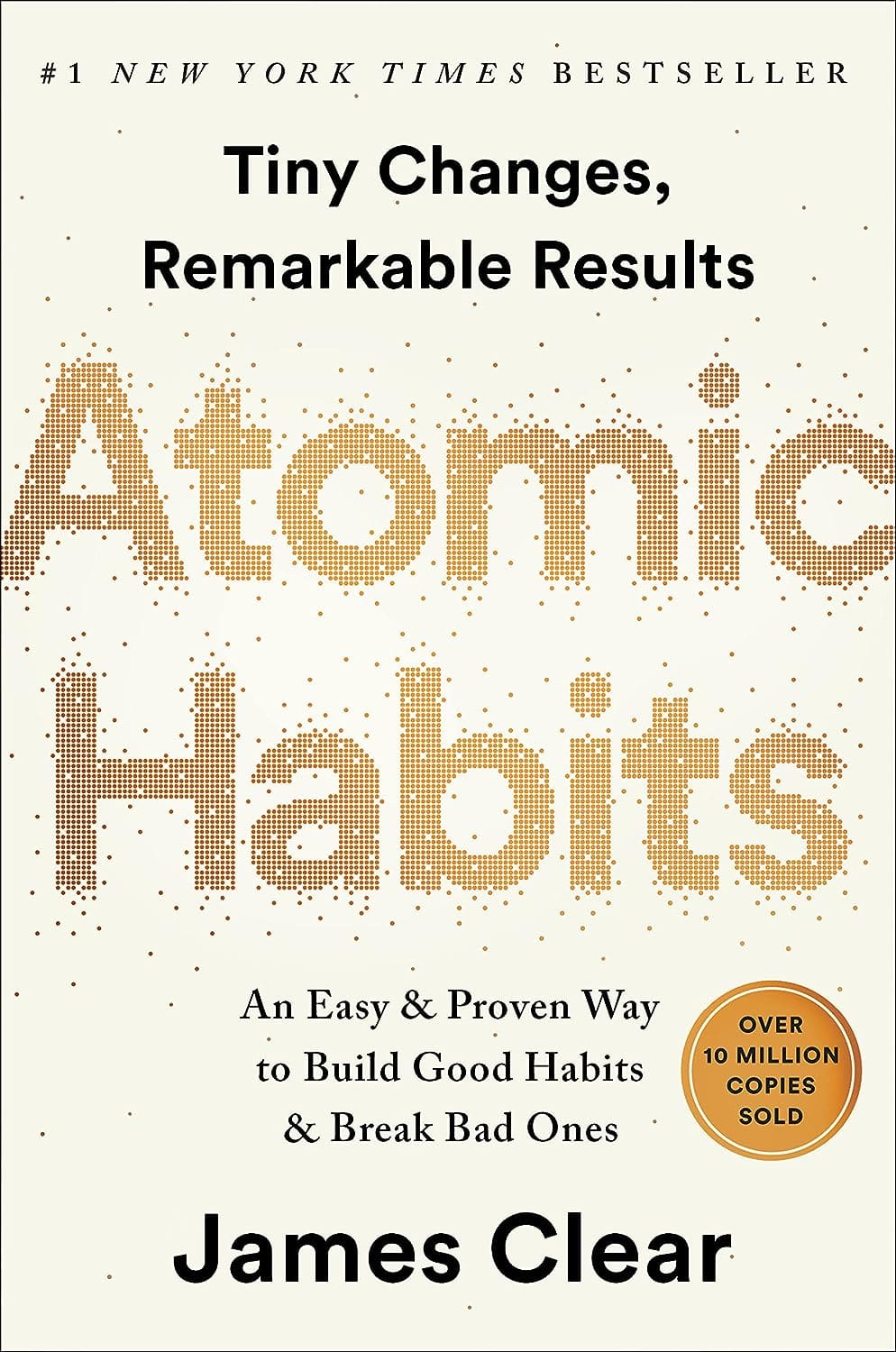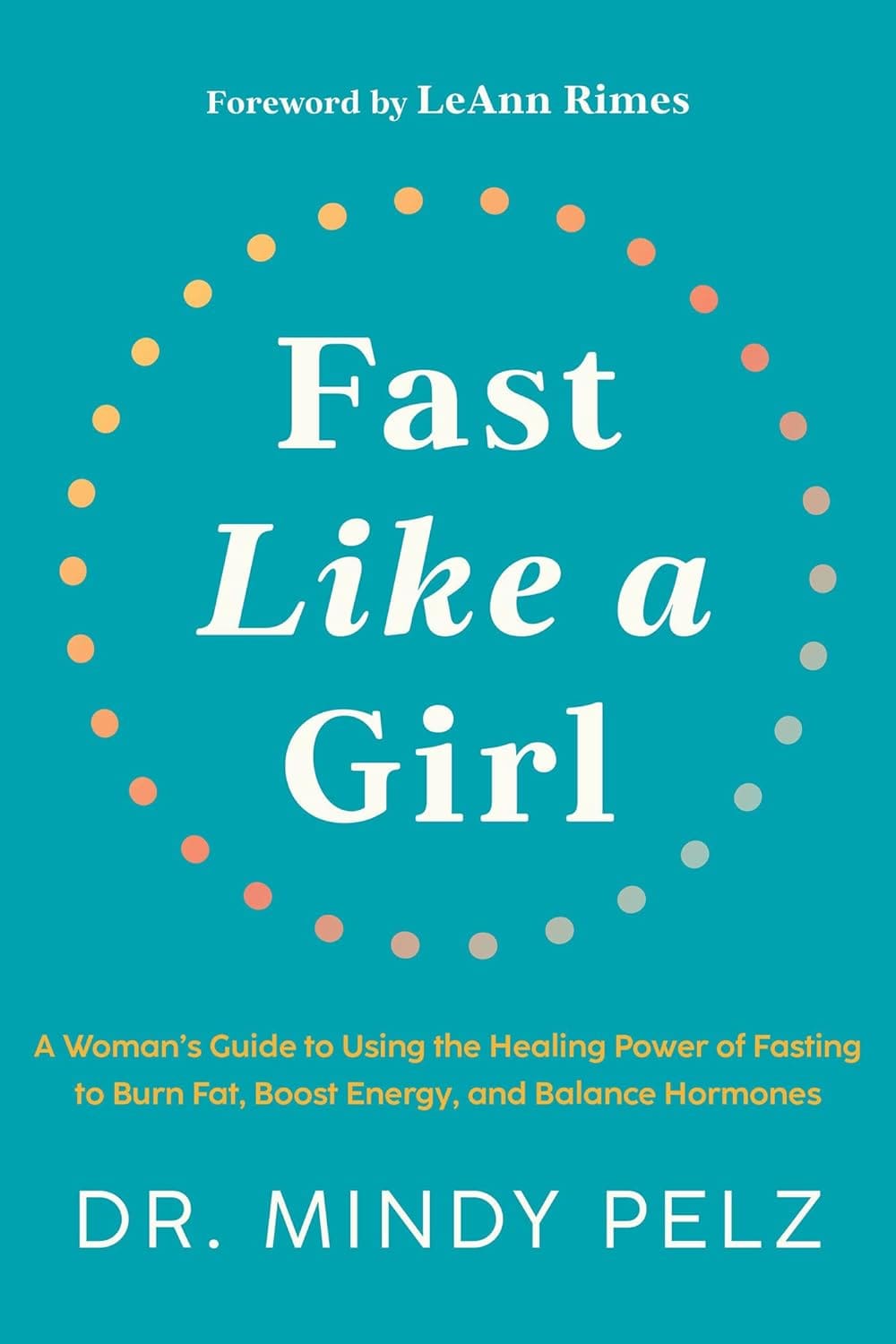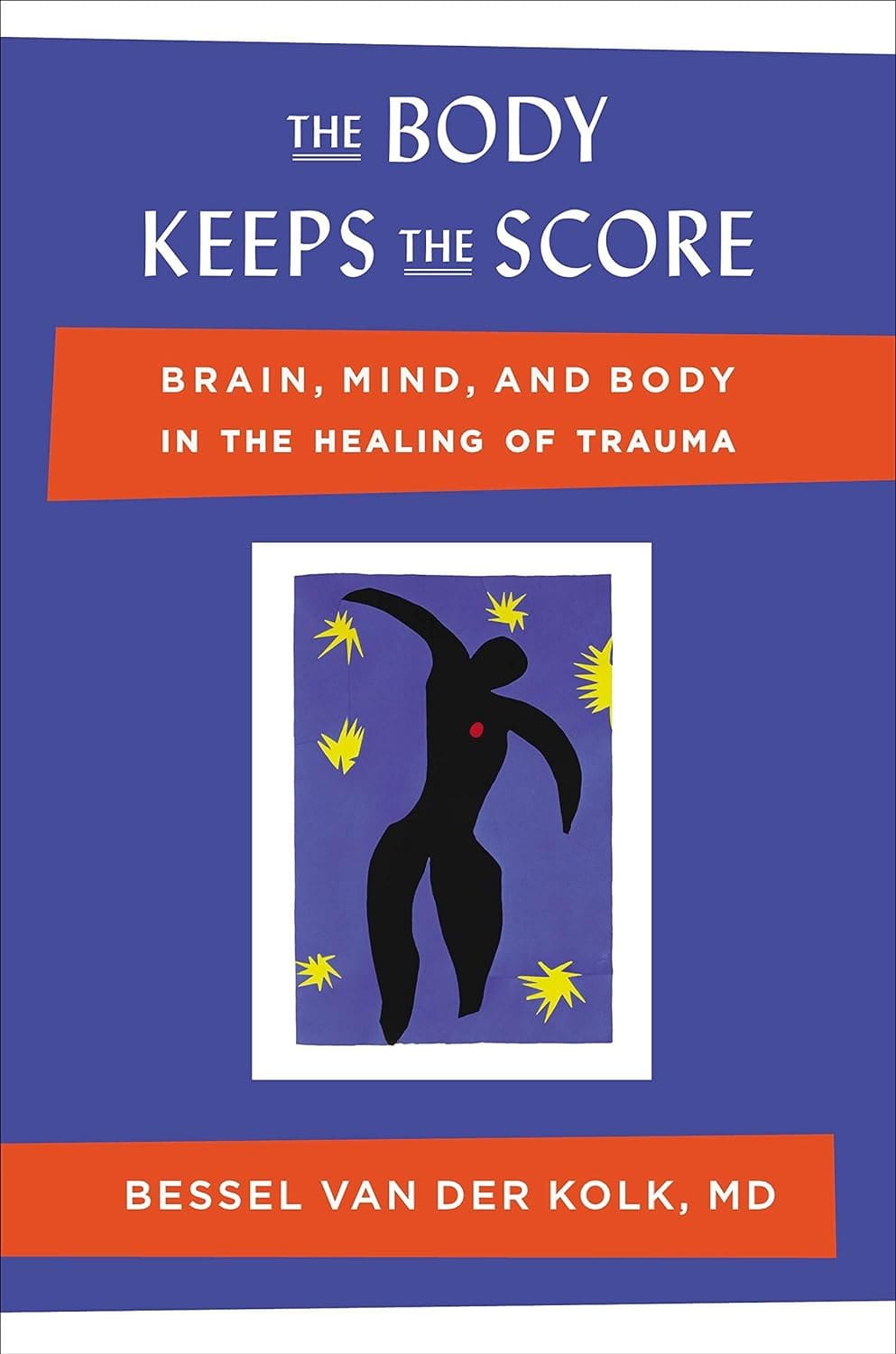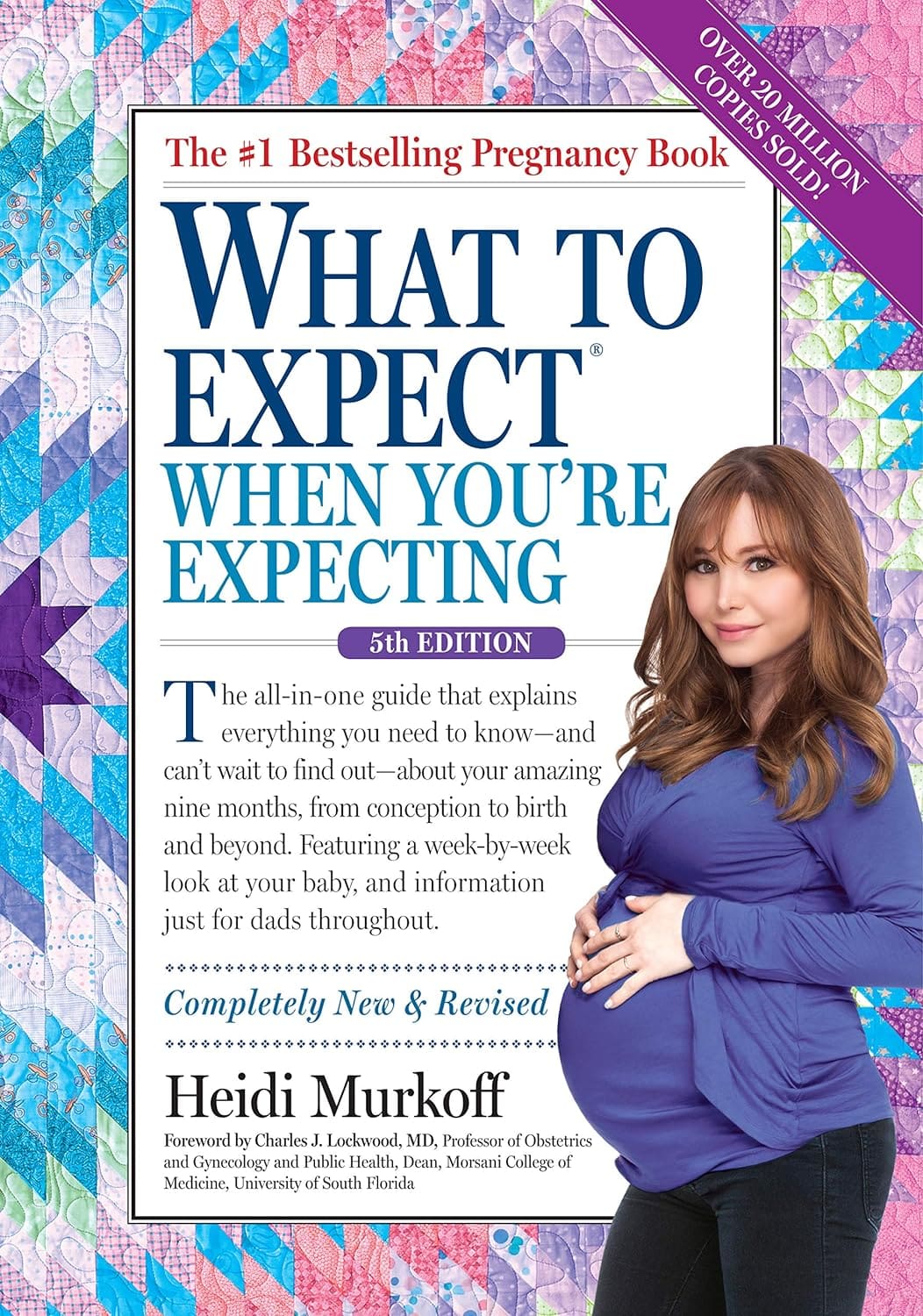Health, Fitness & Dieting
Health, Fitness & Dieting: Your Path to Wellness
In a world that constantly buzzes with activity, our health often takes center stage. Health, fitness, and dieting are intertwined aspects of well-being that collectively contribute to a healthier and happier life. In this exploration, we’ll delve into the essence of diet and fitness, understand how to plan a sustainable healthy lifestyle, and uncover the profound impact of these choices on our health.
1. What is Diet and Fitness?
Diet: Diet, in its most fundamental sense, refers to the food and drink regularly consumed by an individual. It encompasses the daily nutritional intake, including macronutrients (carbohydrates, proteins, and fats), micronutrients (vitamins and minerals), and hydration. A diet can be balanced, emphasizing a variety of nutrients, or it can lean towards specific goals like weight loss, muscle gain, or dietary restrictions (e.g., vegetarian, vegan, gluten-free).
Fitness: Fitness goes hand in hand with diet but extends beyond nutrition. It encompasses physical well-being and the body’s ability to perform various activities effectively and efficiently. Fitness includes components like cardiovascular endurance, muscular strength, flexibility, and body composition. Achieving fitness often involves regular exercise, which can range from cardio workouts and strength training to yoga and flexibility routines.
2. How Do I Plan a Healthy Diet and Exercise?
Planning a healthy diet and exercise routine requires a thoughtful approach:
Diet:
- Assess Your Goals: Determine your dietary goals, whether it’s weight management, muscle building, or improved overall health.
- Balanced Nutrition: Strive for a balanced diet that includes a variety of fruits, vegetables, lean proteins, whole grains, and healthy fats.
- Portion Control: Pay attention to portion sizes to avoid overeating.
- Hydration: Stay adequately hydrated by drinking enough water throughout the day.
- Meal Planning: Plan meals ahead to ensure you have nutritious options readily available, reducing the temptation of unhealthy choices.
- Seek Professional Guidance: Consider consulting a registered dietitian for personalized guidance.
Exercise:
- Set Realistic Goals: Define your fitness objectives, whether it’s running a marathon, building muscle, or improving flexibility.
- Choose Activities You Enjoy: Engage in exercises or activities you find enjoyable, as you’re more likely to stick with them.
- Regular Routine: Create a consistent exercise routine, incorporating a mix of cardio, strength training, and flexibility exercises.
- Gradual Progression: Start at your fitness level and gradually increase intensity and duration to avoid injury.
- Rest and Recovery: Include rest days in your routine to allow your body to recover and prevent burnout.
- Professional Guidance: If you’re new to exercise or have specific goals, consider working with a fitness trainer or coach.
3. How Important is Diet in Fitness?
Diet plays a pivotal role in fitness. It provides the necessary fuel for workouts, aids in muscle recovery, and supports overall physical well-being. A well-balanced diet can help you achieve your fitness goals more effectively. For instance, consuming an adequate amount of protein is crucial for muscle growth and repair, while carbohydrates provide energy for exercise. Hydration is also essential to prevent dehydration during workouts.
4. How Does Diet and Exercise Affect Health?
The synergy between diet and exercise has a profound impact on health:
- Weight Management: A balanced diet and regular exercise are key components of weight management. They help in achieving and maintaining a healthy weight, reducing the risk of obesity-related health issues.
- Cardiovascular Health: Both diet and exercise contribute to cardiovascular health. A heart-healthy diet, low in saturated fats and rich in fruits, vegetables, and whole grains, combined with regular cardio exercise, can lower the risk of heart disease.
- Muscle and Bone Health: Exercise, particularly strength training, supports muscle and bone health. Adequate protein intake is essential for muscle repair and growth.
- Mental Health: Regular physical activity is known to boost mood, reduce stress, and improve mental well-being. A balanced diet can provide essential nutrients that support brain health.
- Longevity: Adopting a healthy lifestyle that includes a nutritious diet and regular exercise is associated with a longer and healthier life.
Conclusion:
Health, fitness, and dieting are not isolated pursuits but interconnected aspects of our well-being. By understanding their roles, setting achievable goals, and making sustainable choices, we can embark on a lifelong journey towards improved health and vitality. Remember, it’s not just about how you look; it’s about how you feel and the quality of life you experience.
Showing all 11 results












